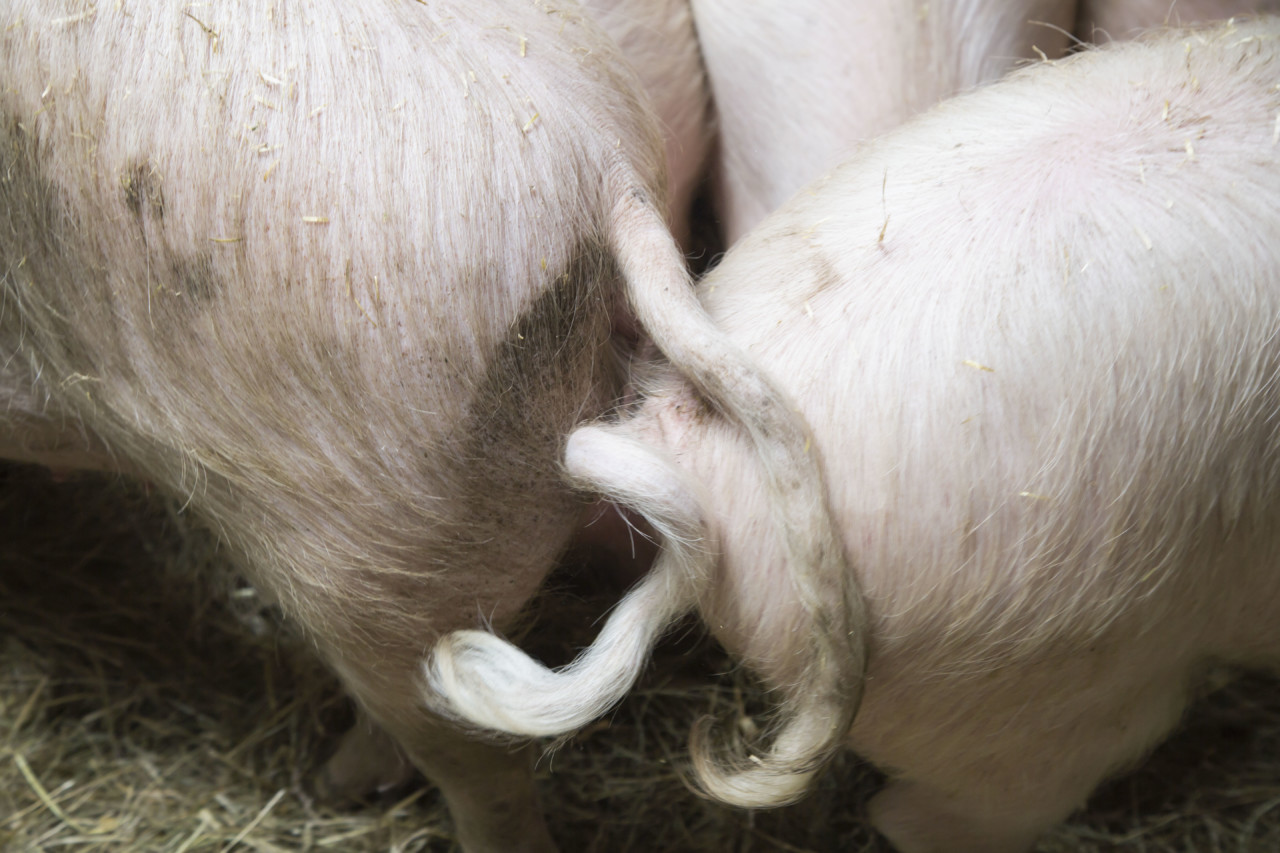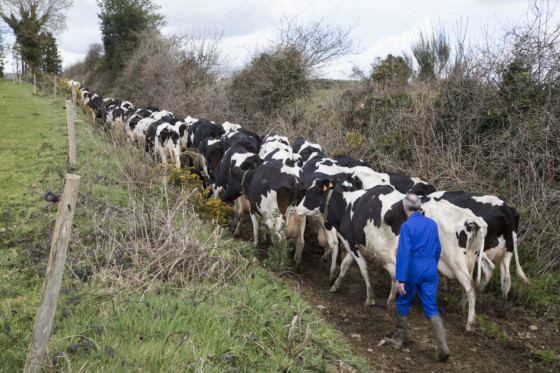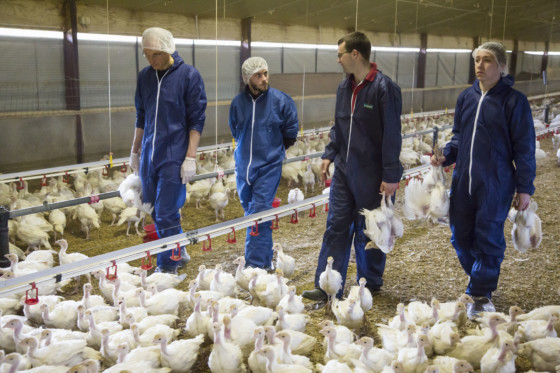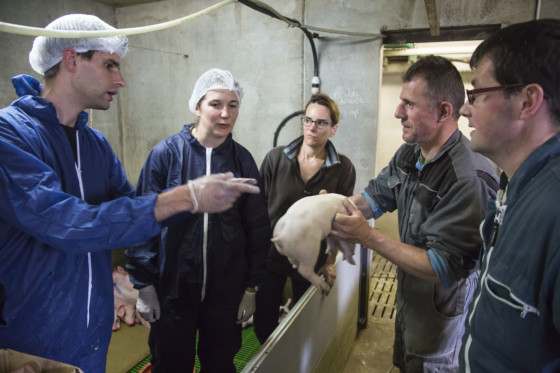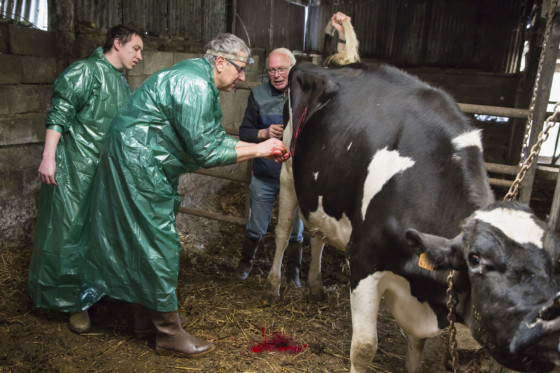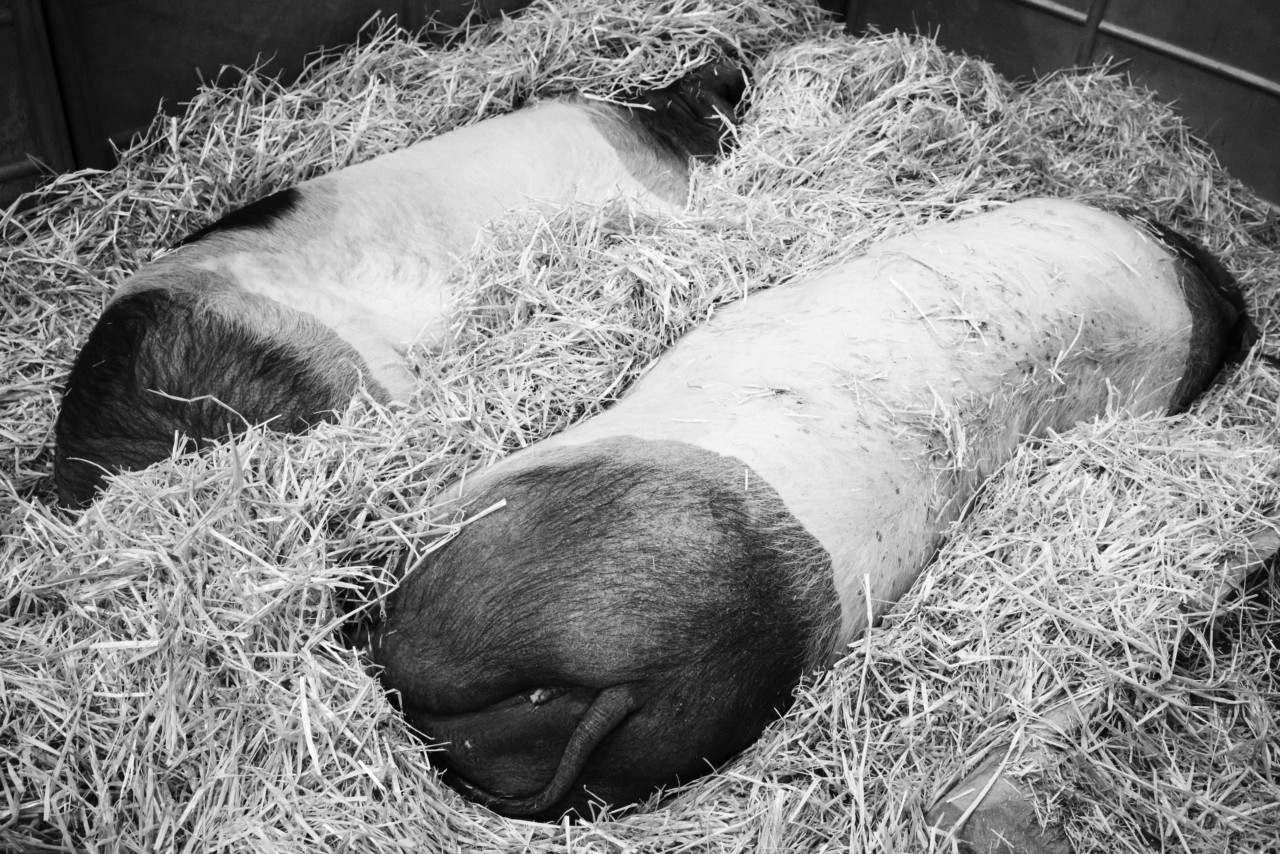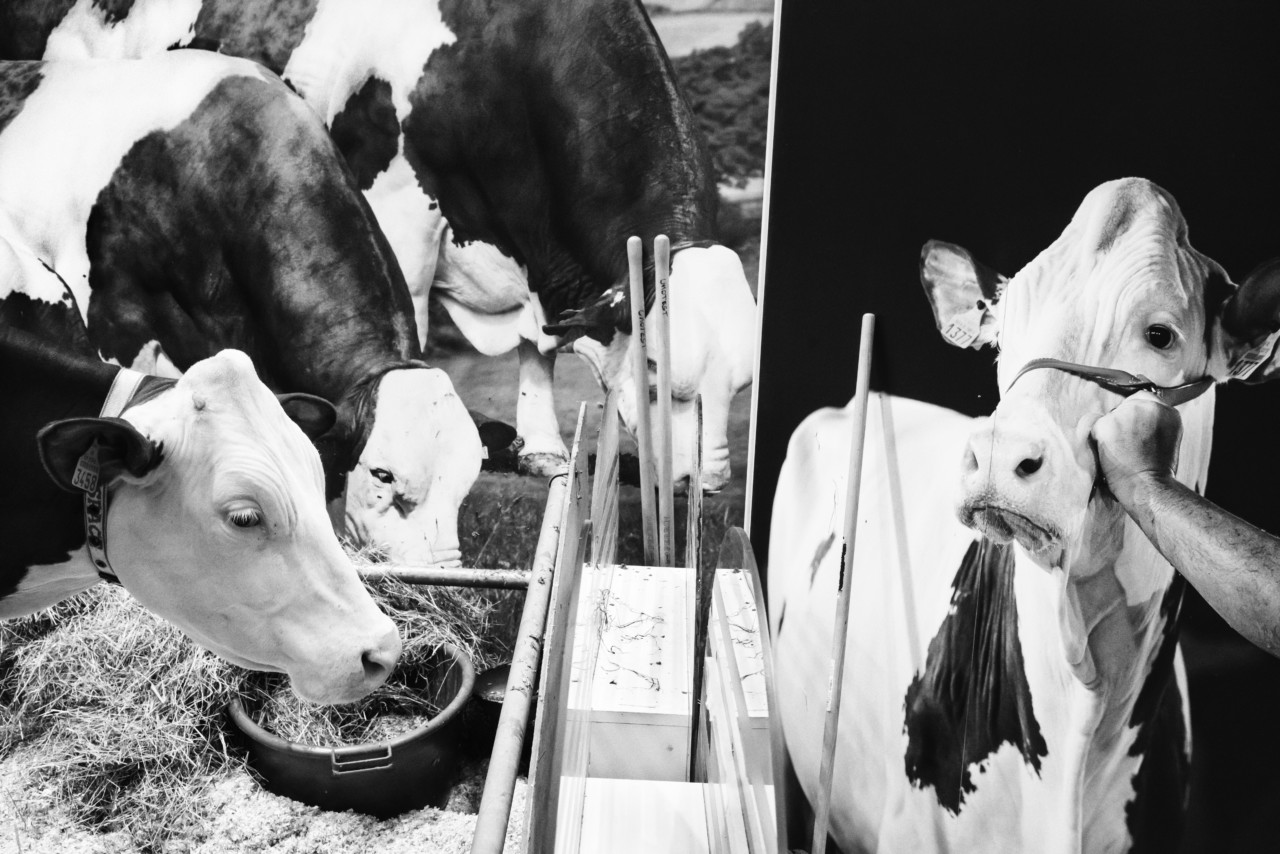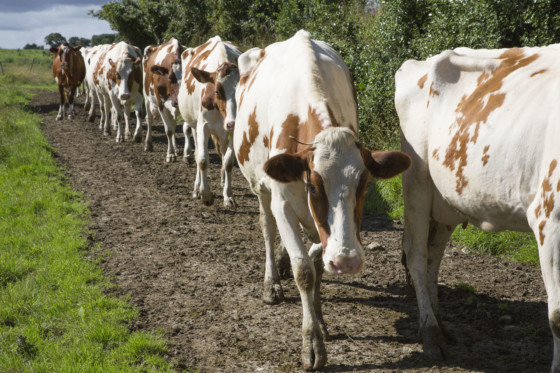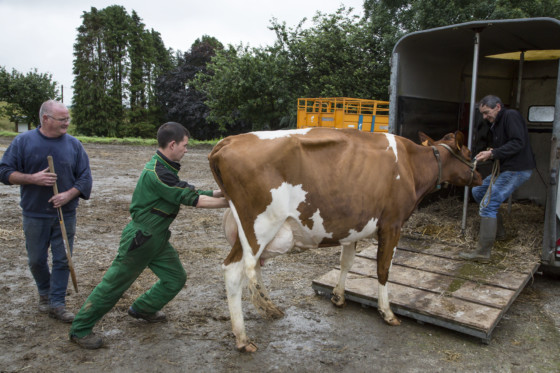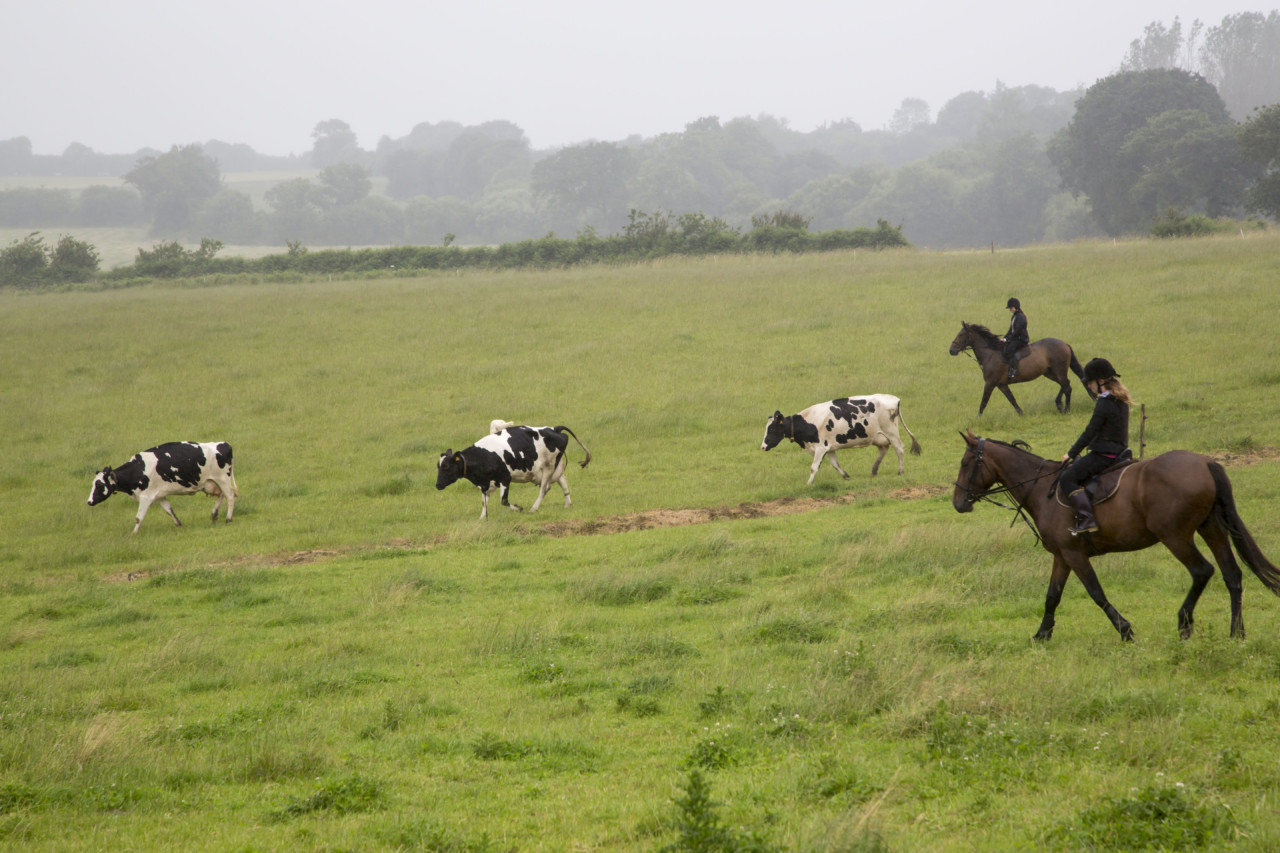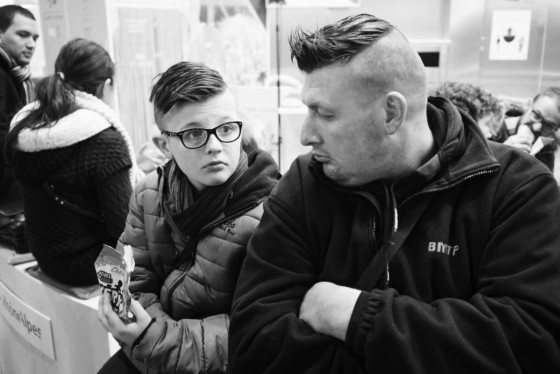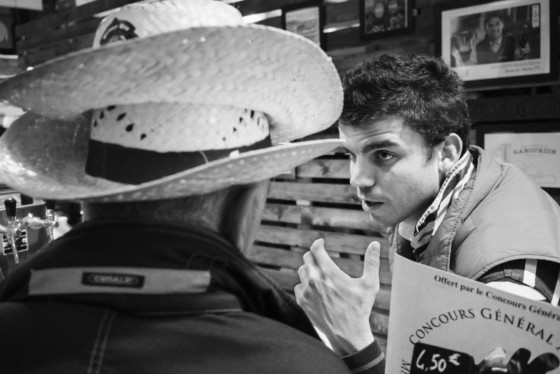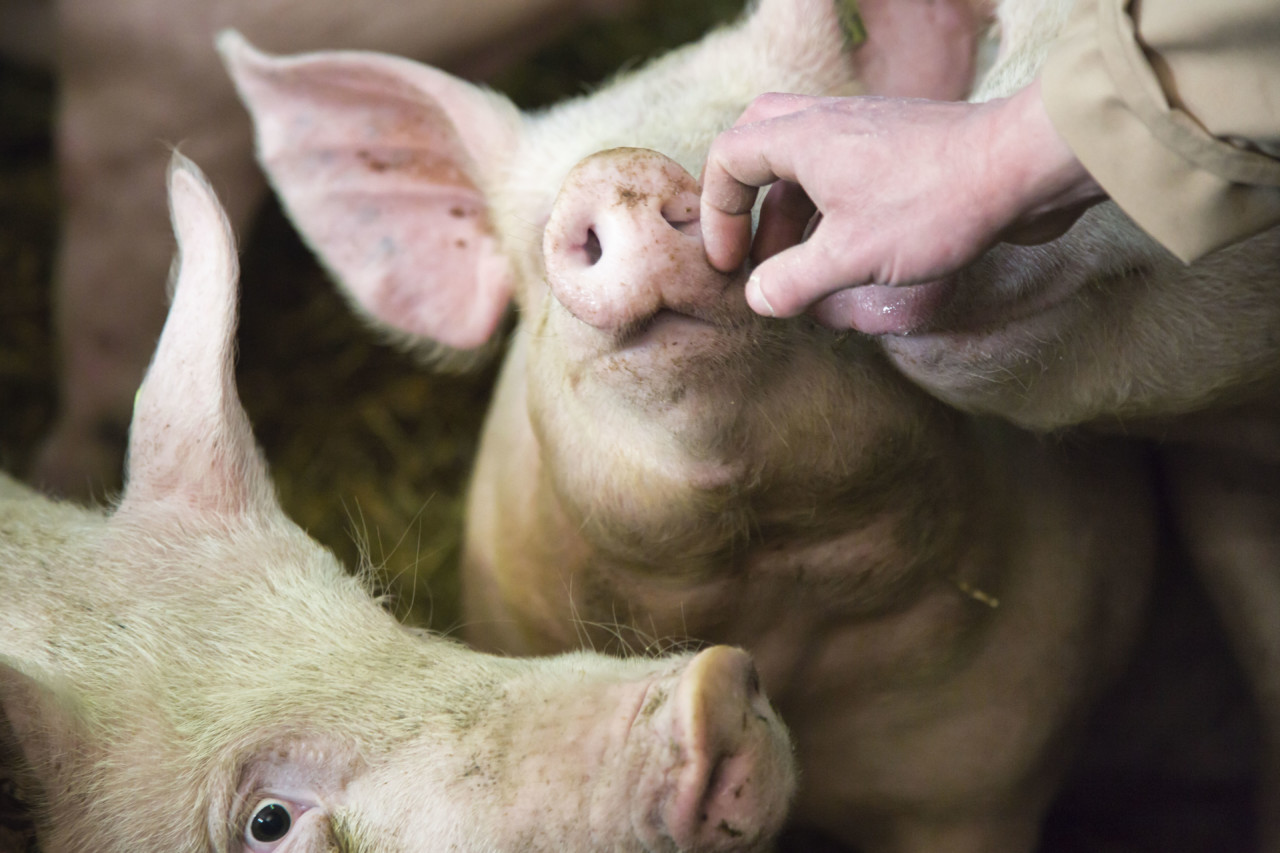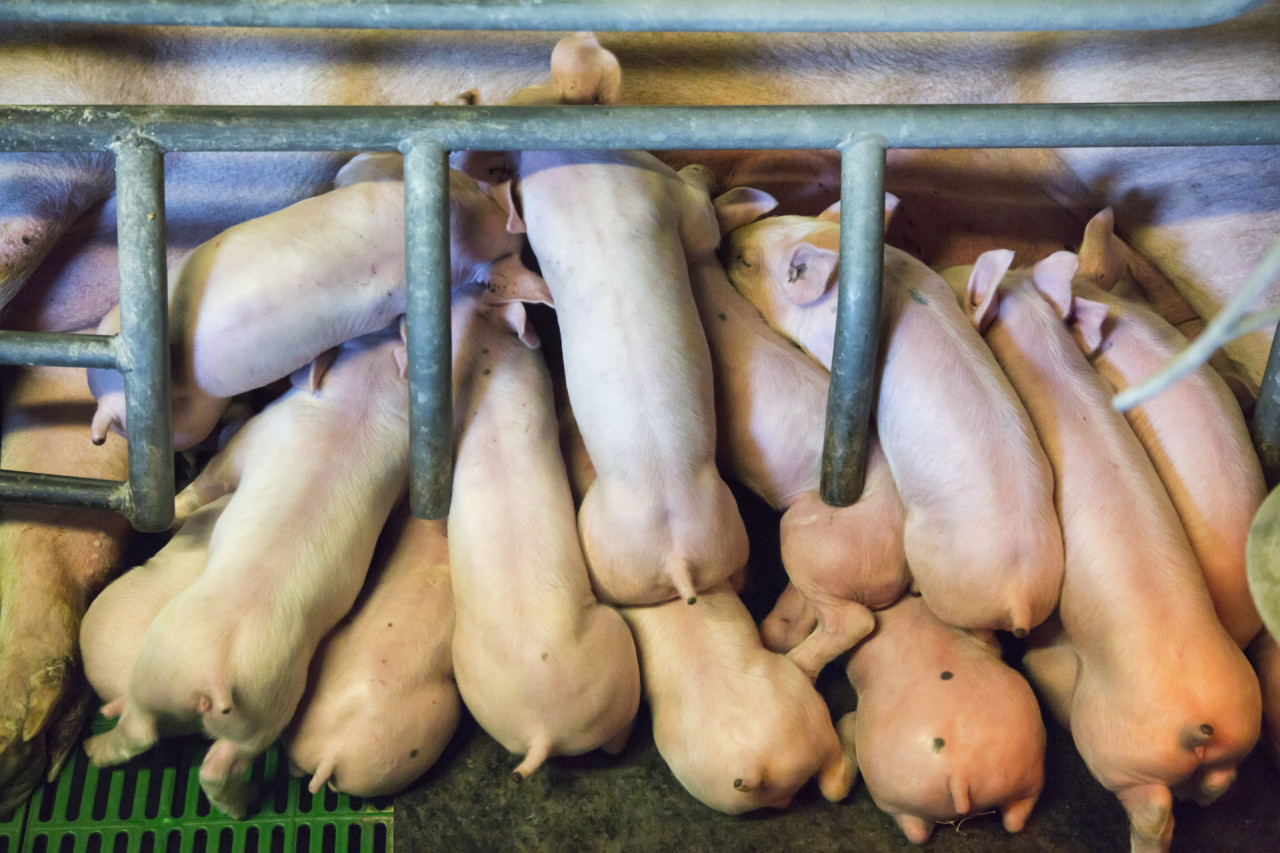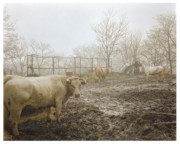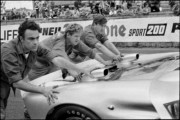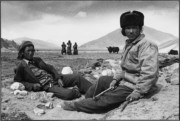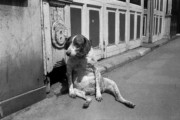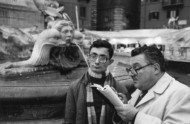Farming in France
Richard Kalvar heads to the French countryside to meet the farmers struggling with an agriculture industry under threat
A city-dweller by nature – a New Yorker living in Paris – in 2016, Magnum’s Richard Kalvar made visits to the small town of Pleben in the Brittany region of France. Spending time with local stockbreeders and veterinarians, he got a feel for the issues, such as squeezed profit margins and foreign competition, that are threatening the multi-generational farms there – issues that are set to become key motivators in the spring presidential elections in France.
"There are frequent suicides of farm owners; many established farmers give up; and fewer young people want to, or can afford to start their own farms"
- Richard Kalvar
Reflecting on the project, Richard Kalvar said: “Brittany is a major center of French agriculture. Animal breeders are having a very difficult time making a living. Prices are very low compared to costs, and in many cases costs exceed revenue. There are frequent suicides of farm owners; many established farmers give up; and fewer young people want to, or can afford to start their own farms.”
A combination of factors make the cost of production higher than competitors: Labour is more expensive in France as employers have to pay more to the government per employee; French law limits working hours to 35 hours a week, meaning more staff are needed or lower productivity; there are also strict laws governing the treatment of animals, such as how much space they have to move around in, and waste management and treatment of the environment.
"There has been a deterioration in economic conditions for 40 years. Today I sell milk at the same price as when I started out"
- Patrice Conan
These products are then competing in the same market as suppliers from the likes of Ireland, Spain and Germany, where less stringent rules mean their costs are lower and so can undercut French suppliers on price. Meanwhile, the prices paid for dairy, for example, have not risen with inflation in 40 years.
“There has been a deterioration in economic conditions for 40 years. Today I sell milk at the same price as when I started out,” said retiring milk producer Patrice Conan. “The price of the cows at the time was the same as now, without taking inflation into account.”
“Products which have less health regulations are allowed to enter France, whereas products produced in France are prevented from circulating when they apply the same regulations. It is a certain injustice, it is Europe. All European products should have the same regulations.”
French agriculture received heavy investment in the 1960s and 70s, but now with the industry not providing healthy returns, investment is lacking and the families who have relied upon it for an income for decades are struggling. Many in rural areas have become dissatisfied with the system, a feeling which is especially strong amongst young people – youth unemployment in French on the whole is over a quarter.
“Do we want to support agriculture in France? That is the question we all ask ourselves,” wondered young pig farmer Jean-Marc Chaussy. “ What is our place today in the French economy?”
This story is part of The France Project: perspectives on the social, political and cultural landscape of contemporary France. In this ongoing project, initiated in 2016, Magnum photographers explore the background to issues influencing debate in the country in the run-up to the election. See more stories from this project here.


